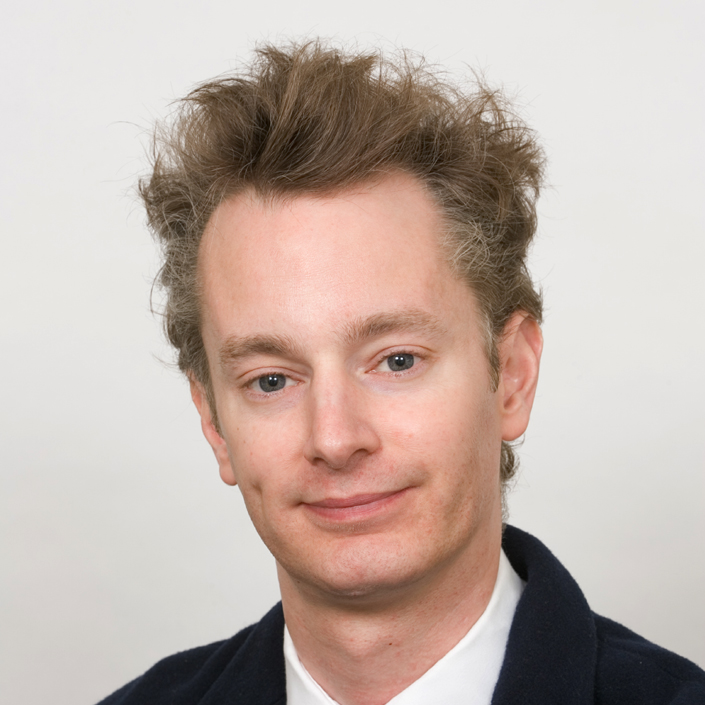Scott Mahlke named Fellow of the ACM
Mahlke designs next-generation computer systems whose hardware is customized to the software it will be running.

 Enlarge
Enlarge
Professor Scott Mahlke was named a Fellow of the Association for Computing Machinery (ACM) for “contributions in compiler code generation for instruction level parallelism, and customized microprocessor architectures.” The ACM Fellows program recognizes the top 1% of ACM Members for their outstanding accomplishments in computing and information technology.
Mahlke works on designing next-generation computer systems that overcome current challenges in performance, power consumption, and reliability. His Compilers Creating Custom Processors research group customizes hardware to the software that will run on the system. Because the group’s focus is on building programmable systems, they also develop the new compiler technology required to automatically map applications onto the new hardware that is designed. In 2018, Mahlke was a participant in the DARPA Electronics Resurgence Initiative to push microelectronics beyond Moore’s Law, the transistor scaling paradigm that has allowed for 50 years of rapid progress in electronics.
In 2015, Mahlke co-founded Parabricks with his former students Mehrzad Samadi and Ankit Sethia to apply graphic processing units (GPUs) to the problem of genomic analysis. The company’s GPU-accelerated genome analysis toolkit accelerated a process that previously took days to as little as one hour. By the launch of their first product in 2018, they were able to speed up precision medicine workflows by 100x.
Parabricks was acquired by NVIDIA in 2020. Since that time the product line has been developed further as NVIDIA Clara Parabricks, including the release of companion technology accelerating single-cell and RNA analysis. In 2020, the toolkit was made freely available for researchers combatting the COVID-19 pandemic.
Mahlke is named on over 20 patents. A paper co-authored by Mahlke was recognized in 2006 as an influential paper in the field by ACM/IEEE, and in 2015 he earned a Micro Test of Time award for his groundbreaking 1992 paper on the hyperblock. He is the recipient of an NSF CAREER award, and has been recognized at the University of Michigan with the Monroe-Brown Foundation Education Excellence Award and with the Ted Kennedy Family Team Excellence Award, both from the College of Engineering, as well as with an Outstanding Achievement Award from the EECS Department. He is a Fellow of IEEE.
 MENU
MENU 
